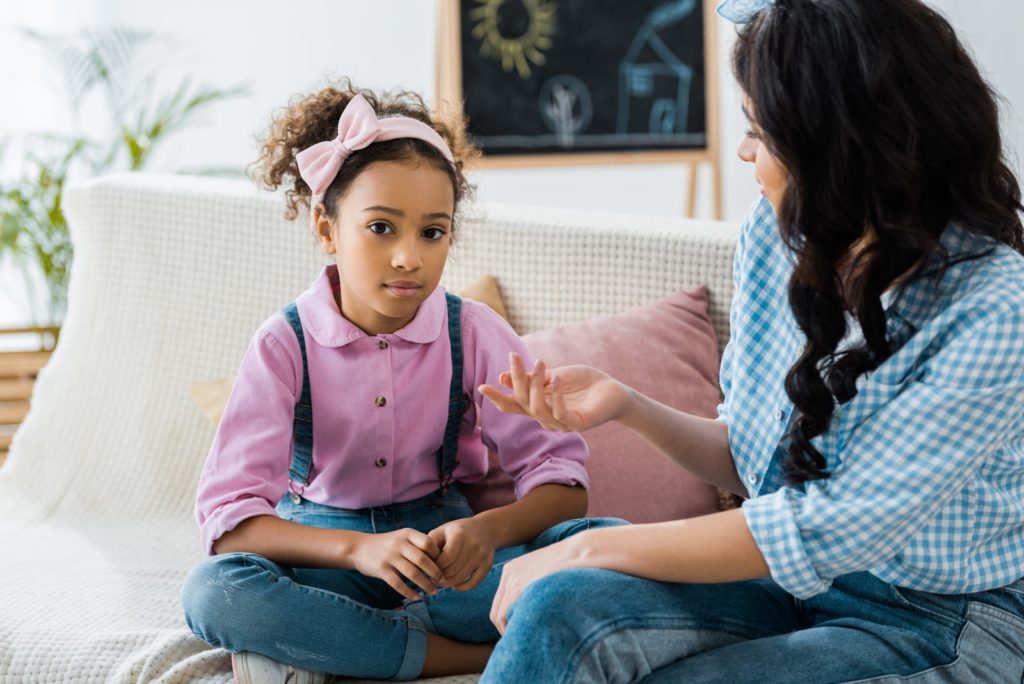We all face challenges and times of uncertainty, but the instability in the recent year makes it clear just how unpredictable the world can be. With COVID-19, stay at home orders, the recent elections, and more, things can feel out of control for everyone, but especially children.
Stability is crucial for childhood development. Today, we’ll review some of the ways you can help children cope with an unstable world and foster child development during COVID.
Learn About How Children Display Stress
Understanding how kids react to stress is the first step to helping them cope with uncertainty. Temper tantrums, talking back, and falling behind in school work may seem like bad behavior from kids, but they can all be signs of distress. Stress in children can look similar like it does in adults, but it may also be quite different. Indications that a child is experiencing excessive stress include:
- Bedwetting
- Changes in sleep patterns
- Acting out
- Mood swings
- Stomachaches
- Headaches
- Difficulty concentration or completing schoolwork
- Withdrawing and isolating
Have Open Communication
Imagine how much more frightening and unstable the world can be to someone who does not fully understand what is happening or why. Kids often face even more confusion and uncertainty than adults because they may not be able to understand all of the details of the state of the world. Instead of trying to hide the instability and challenges from kids, create an open line of communication. Allow your children to ask questions, share their thoughts and emotions, and discuss what’s going on around them. Do your best to respond openly and honestly in a way that matches your child’s developmental level.
Build Healthy Habits
The unstable world around us can lead to many negative emotions and an overall sense of loss of control. To help children combat the negative effects of instability and global conflict, focus on what you can do as a family to relieve stress, and lead healthy lives. Help your kids build healthy habits like:
- Regular exercise (doing activities they enjoy and find fun).
- A nutrient-rich diet.
- Sleep habits that facilitate getting enough quality sleep.
- Practicing gratitude.
- Learning new hobbies and skills.
- Prioritizing family time.
Serve as an example for your child by demonstrating the healthy habits you want them to build. Work with your children to find enjoyable, stress-relieving activities and habits to engage in.
The world we live in is very unstable, and this was made crystal clear with COVID-19. The instability of the world around us can be more challenging for kids than we realize. By checking in with kids, being open and honest, and encouraging healthy habits, we can help kids cope with the unstable world around them.








